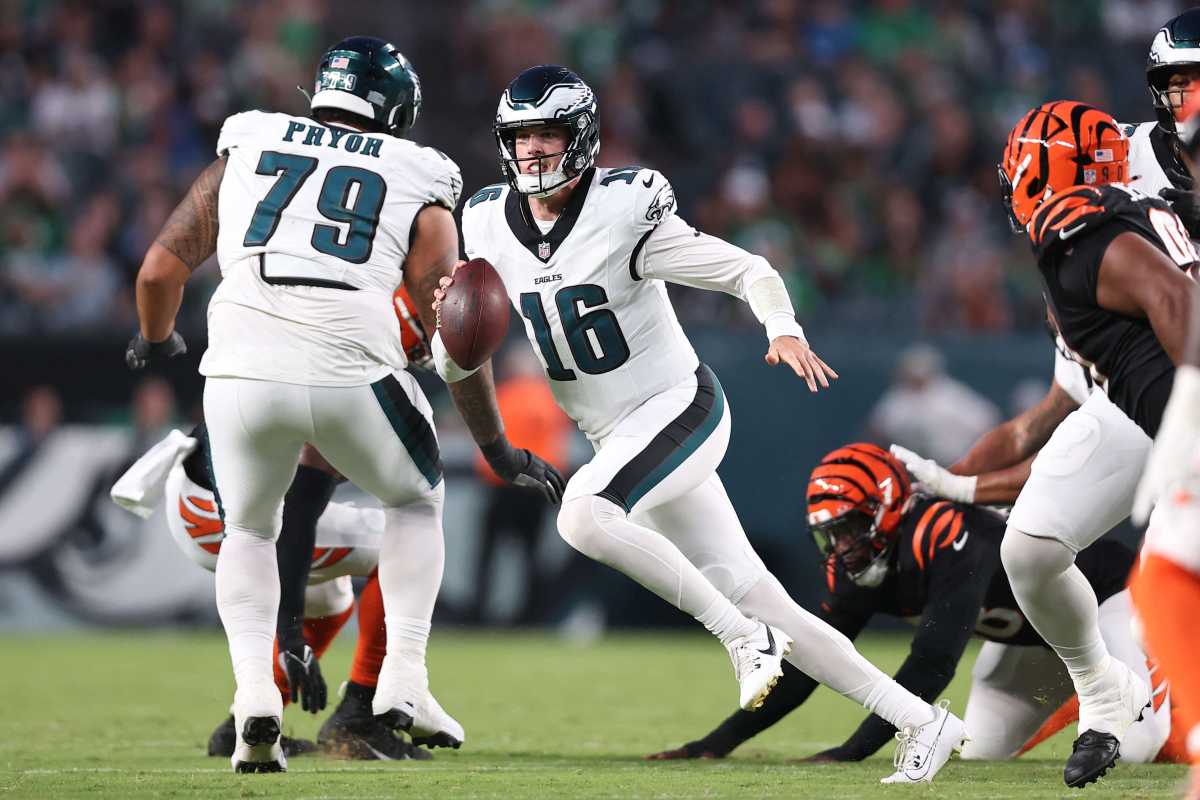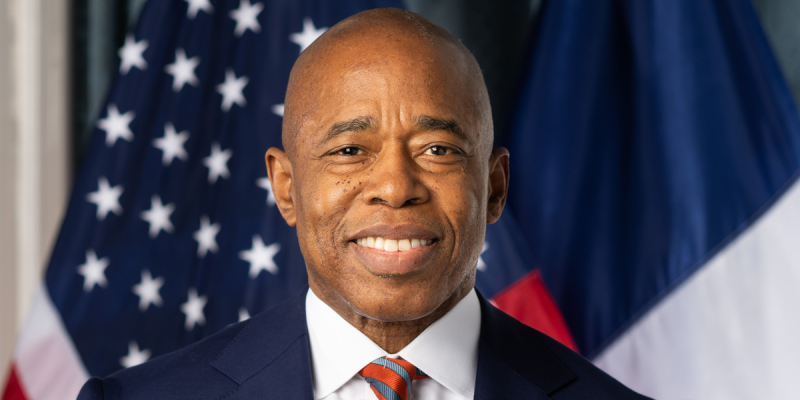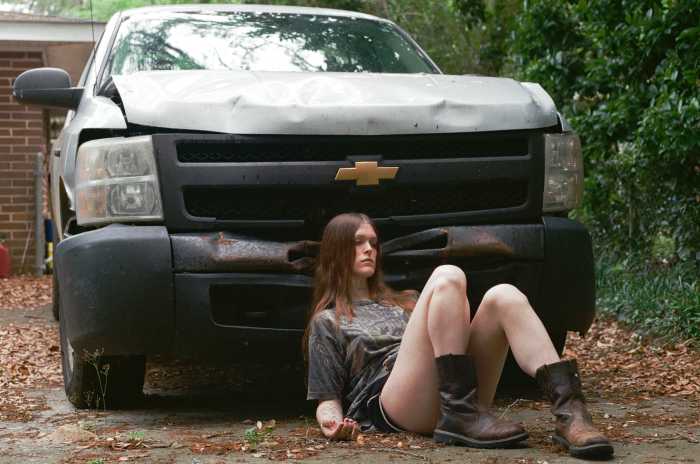When Raphael Saadiq plays Union Transfer on July 24 with pal and A Tribe Called Quest co-founder Ali Shaheed Muhammad, a history lesson will unfold, of R&B modern and ancient, of the roots of hip hop, of Saadiq’s own career which commenced at the end of the sleek soul ’80s and continues on in the present.
The singer, songwriter, producer and multi-instrumentalist (“bass is my thing, though,” he said proudly) has busy as-of-late producing the smash-hit likes of Solange’s “A Seat at the Table” and Usher’s “Hard II Love,” writing and conducting for Mary J. Blige’s Oscar-nominated songs from “Mudbone,” and playing bass on the new Justin Timberlake “Man of the Woods” LP. To do that, Saadiq took a small break from a solo career of innovative retro-but-modern albums such as the hard Motown-ish “Instant Vintage” and “The Way I See It,” the creamily cinematic “Ray Ray,” and the gritty, psychedelic funk-meets-Sound of Philadelphia inspired “Stone Rollin’.”
Considering that sonic trajectory, what does Saddiq think that says about him as an artist, especially since he has a new album in the can that he’s releasing soon?
“I did have time to sit back and process all the albums you just mentioned, and looking back through my career – even as a producer –I am a person who just can’t stand still,” he says, holding back a laugh. “I like change, I like a lot of different music and experimenting with different sounds. Maybe I’m a chameleon. Maybe the challenge for my audience is will they stay or will they walk away?”
Raphael Saadiq on his musical journey

Saadiq talked about heading exclusively into production for a minute as a focused and necessary job – both for those he’s teamed with and himself. Producing someone else’s music keeps him fresh. It makes him useful and productive in the broader sense of the artistic community. “I’ve always said that music is like basketball, or whatever sport you choose, you should be able to play every position.”
Saadiq also changed his focus when his father passed, his aging mother needing looking after, and he sought and made changes in his management. “The last few years were a time of transition, and I wanted to spend time with my family, and expand my horizons into film and television.”
Blige was a huge part of that leap, as she called upon her old friend (“We know each other for a minute, yeah, and we have similar tragic circumstances in our lives,” says Saadiq) to guide her through the opulent organic R&B sounds of “Mudbone,” the Academy Award-nominated film to which she and her producer penned its theme songs. “She knew that she could come to me for a thing, and that I color in the dots. We made a great team.”
Saadiq also shared great teamwork with Solange, whose “A Seat at the Table,” was a top-selling, inventive modern soul masterpiece, “She’s got a lot going on in her head being an extremely talented artist, being Beyonce’s sister and getting her own thing together,” says Saadiq. “As she was going through personal and professional changes, so was I. I’m a great listener. We went through those changes together and were open to how the other works. Plus, she let me play a lot of bass.”
As for his own new music – an opportunity to catch up with himself and what he’s done as an influence to modern R&B – Saddiq recalled how “back in the day,” he was attempting to fuse hip hop with R&B. “No MCs wanted a piece of that then,” he laughs, considering how today such a sound is de rigeur. Saadiq’s still-untitled new album wafts back and forth between sounds inspired by his 1987 start, as well as the wild punk funk of Rick James. But much of it is slower, soberer works that focus on addiction of all sorts, “be it drugs, food, or sex.”
Saadiq went on to say that this album is dedicated to his brother Jimmy Lee who died as a result of heroin addiction. “I thought that because I didn’t do drugs, that I hadn’t been acquainted with addiction, But even something trivial like my love of donuts – I can’t walk by a donut shop without wanting some – shows you how addiction can take over, My brother couldn’t walk by heroin without wanting it. I was always making music, so I never considered that. Now that I was able to take a break and look s back and think about what he went through, I think that most of my records talk about addiction in one way or another without me even knowing it.”
































